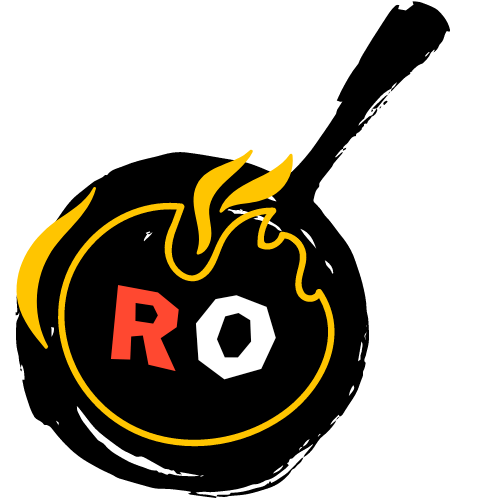In the digital age, social media has become a powerful tool for businesses, especially in the restaurant industry. This blog post will explore how restaurants can leverage social media platforms to boost their visibility, engage with customers, and ultimately drive sales. We will delve into the strategies that work, the pitfalls to avoid, and the best practices to follow for effective social media promotion.
The Power of Social Media in the Restaurant Industry
Social media platforms have revolutionized the way businesses interact with their customers. For restaurants, these platforms offer a unique opportunity to showcase their offerings, engage with their audience, and build a loyal customer base.
Instagram, Facebook, Twitter, and other social media platforms have become integral parts of the restaurant marketing strategy. They allow restaurants to share mouth-watering images of their dishes, announce new menu items, promote special offers, and interact with customers in real-time.
Moreover, social media provides a platform for customers to share their dining experiences. Positive reviews and recommendations can significantly boost a restaurant's reputation, while constructive criticism can provide valuable insights for improvement.
However, simply having a social media presence is not enough. Restaurants need to leverage these platforms effectively to reap their benefits. This involves understanding the unique features of each platform, creating engaging content, and interacting with the audience regularly.
Understanding Different Social Media Platforms
Each social media platform has its unique features and audience demographics. Understanding these differences is crucial for creating an effective social media strategy.
Instagram, with its focus on visual content, is perfect for showcasing your restaurant's dishes and ambiance. High-quality images and videos can make your food look irresistible, enticing users to visit your restaurant.
Facebook, on the other hand, is a great platform for sharing detailed information about your restaurant, such as menu updates, special offers, and events. It also allows for longer posts, making it ideal for sharing stories that resonate with your audience.
Twitter's fast-paced nature makes it perfect for real-time updates and interactions. Restaurants can use Twitter to announce daily specials, respond to customer queries, and engage in conversations with their audience.
LinkedIn, while not traditionally used for restaurant promotion, can be effective for networking with industry professionals and sharing business updates.
Creating Engaging Content
The key to effective social media promotion is creating content that engages your audience. This involves understanding your audience's interests and preferences and creating content that resonates with them.
Visual content, such as photos and videos of your dishes, is a must for any restaurant's social media strategy. High-quality images can make your food look irresistible, enticing users to visit your restaurant.
However, visual content alone is not enough. Restaurants need to complement their images with compelling captions that tell a story. This could be the story behind a dish, a fun fact about your restaurant, or a teaser for an upcoming event.
User-generated content is another powerful tool for engaging your audience. Encouraging your customers to share their dining experiences on social media can boost your restaurant's visibility and credibility.
Interacting with Your Audience
Social media is not just a platform for broadcasting your content; it's a two-way communication channel. Interacting with your audience is crucial for building relationships and fostering loyalty.
Responding to comments, answering queries, and acknowledging feedback shows your audience that you value their input. It also provides an opportunity to showcase your restaurant's personality and customer service.
Restaurants can also use social media to engage their audience through contests, polls, and quizzes. These activities not only boost engagement but also provide valuable insights into your audience's preferences.
Monitoring and Adapting Your Strategy
Social media promotion is not a set-and-forget strategy. It requires constant monitoring and adaptation to stay effective.
Monitoring your social media performance can provide valuable insights into what's working and what's not. This involves tracking metrics such as engagement rate, follower growth, and conversion rate.
Based on these insights, restaurants need to adapt their strategy. This could involve tweaking your content, experimenting with different posting times, or trying out new features.
Leveraging Social Media Advertising
While organic social media promotion is crucial, paid advertising can amplify your reach and results.
Social media platforms offer various advertising options, such as sponsored posts, targeted ads, and influencer partnerships. These options allow restaurants to reach a larger audience and drive more traffic to their profiles and websites.
However, effective social media advertising requires careful planning and execution. Restaurants need to define their advertising goals, target their ads effectively, and monitor their performance regularly.
Embracing Social Media for Restaurant Success
In conclusion, social media offers a wealth of opportunities for restaurant promotion. By understanding the unique features of each platform, creating engaging content, interacting with your audience, monitoring your performance, and leveraging social media advertising, restaurants can harness the power of social media to boost their visibility, engage with customers, and drive sales. However, it's important to remember that social media promotion is not a one-size-fits-all strategy. It requires constant experimentation, adaptation, and learning to stay effective.

